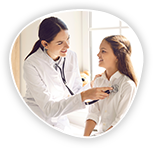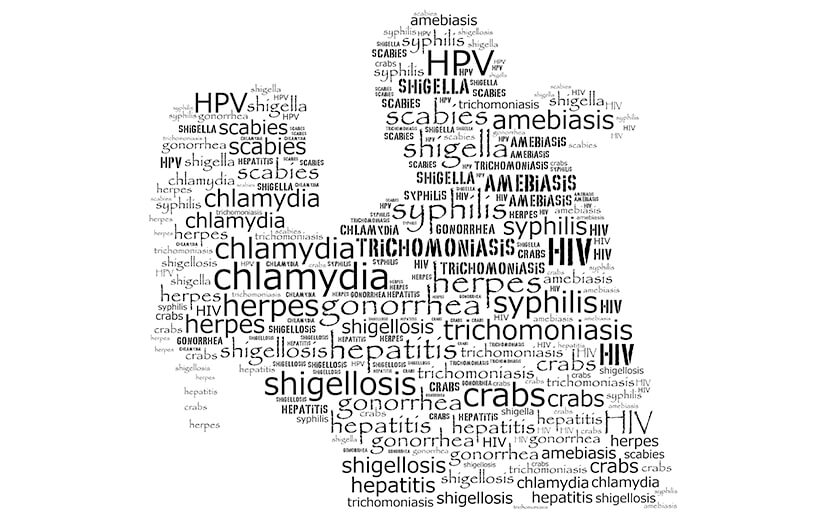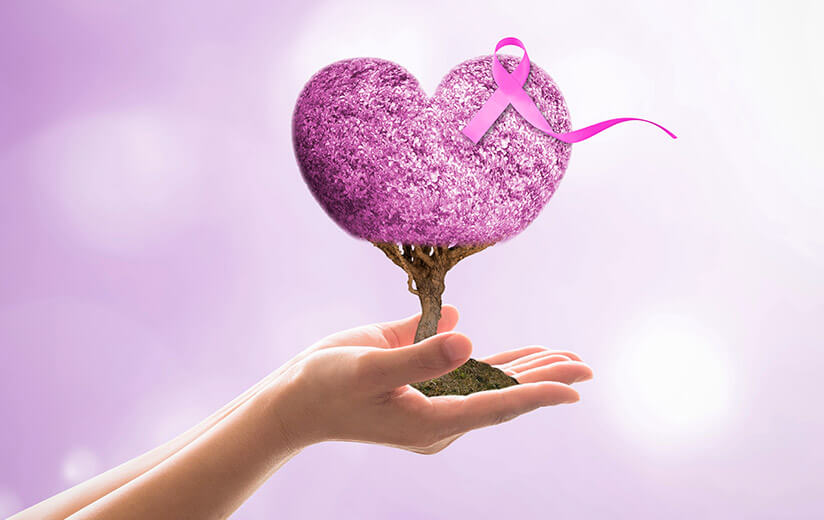Sexually Transmitted Diseases (STD)
Sexually Transmitted Diseases (STD)
Vasileios Karountzos, Eythymios Deligeoroglou, Artemis Tsitsika
In puberty, healthcare needs on fertility matters are even greater. Nowadays, the numbers of Sexually Transmitted Diseases (STD) are at an all-time high. There are 333 million STD cases worldwide (Syphilis, Chlamydia, Gonorrhea, Trichomoniasis). 1 in 4 adolescents has a sexually transmitted infection, while 60% of reported cases are among teenagers.
While sexually transmitted diseases (STDs) affect individuals of all ages, STDs take a particularly heavy toll on young people who have short term relationships, sex with multiple partners and a weak immune system, vulnerable to infections.
The most common STD in the world is the Human Papilloma Virus (HPV), a DNA virus, generally acquired by sexual contact that has more than 200 different types. According to research, 80% of the population runs the risk of getting the HPV virus by the age of 50, while 99% of most cases of endometrial cancer are caused from HPV virus (genital warts). You can protect yourself against HPV infection by getting the HPV vaccine. Of course, you should consult your paediatrician or gynecologist regarding the HPV vaccine.
Other common sexually transmitted diseases are: chlamydia, gonococcus, syphilis, trichomonads, genital herpes (HSV), Human Immunodeficiency Virus/AIDS (HIV) and hepatitis B (HBV) and C (HCV).
Reported cases of Chlamydia and Gonorrhea had been increased worldwide and it is estimated that 6,8% of adolescents that have sexual contacts, are infected from chlamydia, while 620 adolescents per 100.000 residents each year are at a greater risk of getting the virus.
Sexually transmitted infections (STIs) have a range of signs and symptoms such as unusual or odd-smelling vaginal discharge, painful or burning urination, pain during sex. They may go unnoticed until complications occur.
That’s why it is very important you visit your gynecologist once a year if you’re sexually active.
Information, knowledge and consult, as well as the use of contraceptive methods, such as condoms, is the best way of preventative treatment against STDs.
Vassilios KarountzosResident physician in Obstetrics and Gynaecology,PhD candidate at the Medical School of Athens University, Scientific Associate of the Greek Society of Adolescent Medicine
Efthymios Deligeoroglou
Professor of Obstetrics - Gynecology, at the Medical School of Athens University, Scientific Associate of the Greek Society of Adolescent Medicine
Artemis Tsitsika
Ass. Professor of Pediatrics - Adolescent Medicine
Scientific Coordinator of the Program "PROLEPSIS» ran by the Greek Society of Adolescent Medicine















